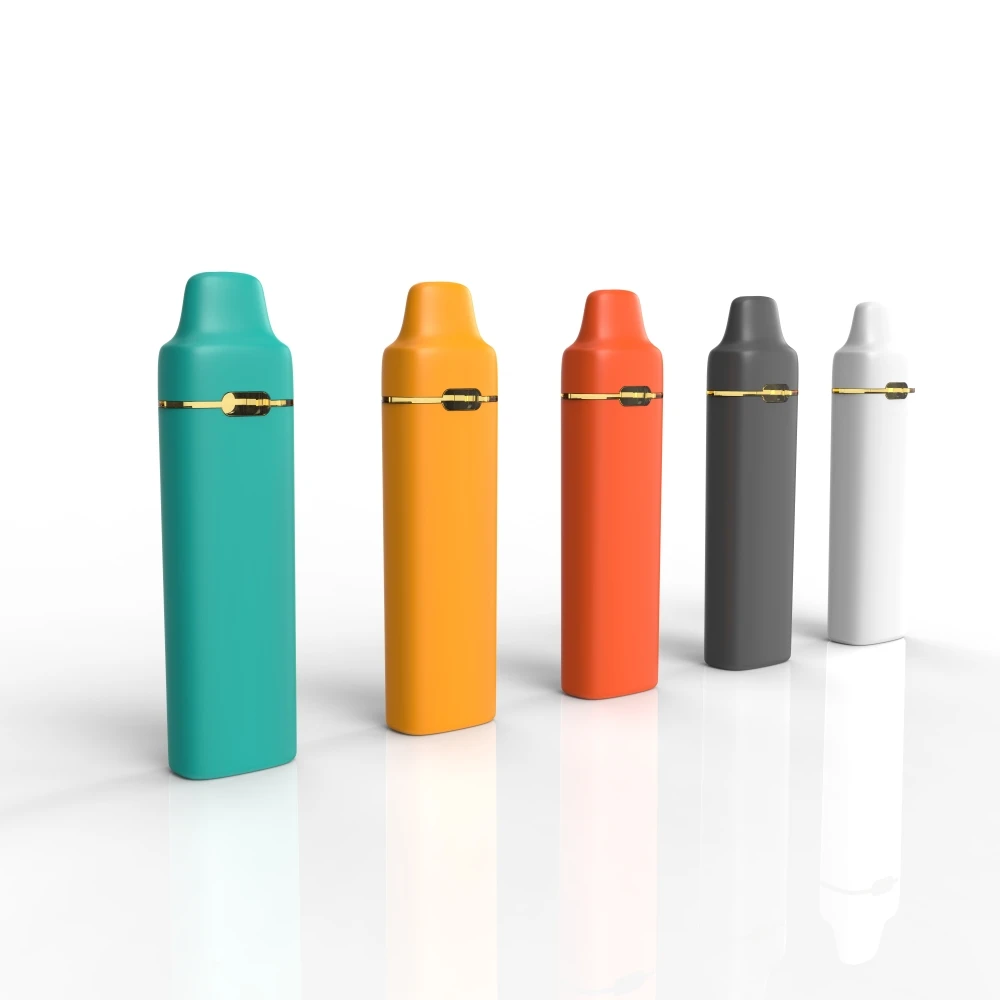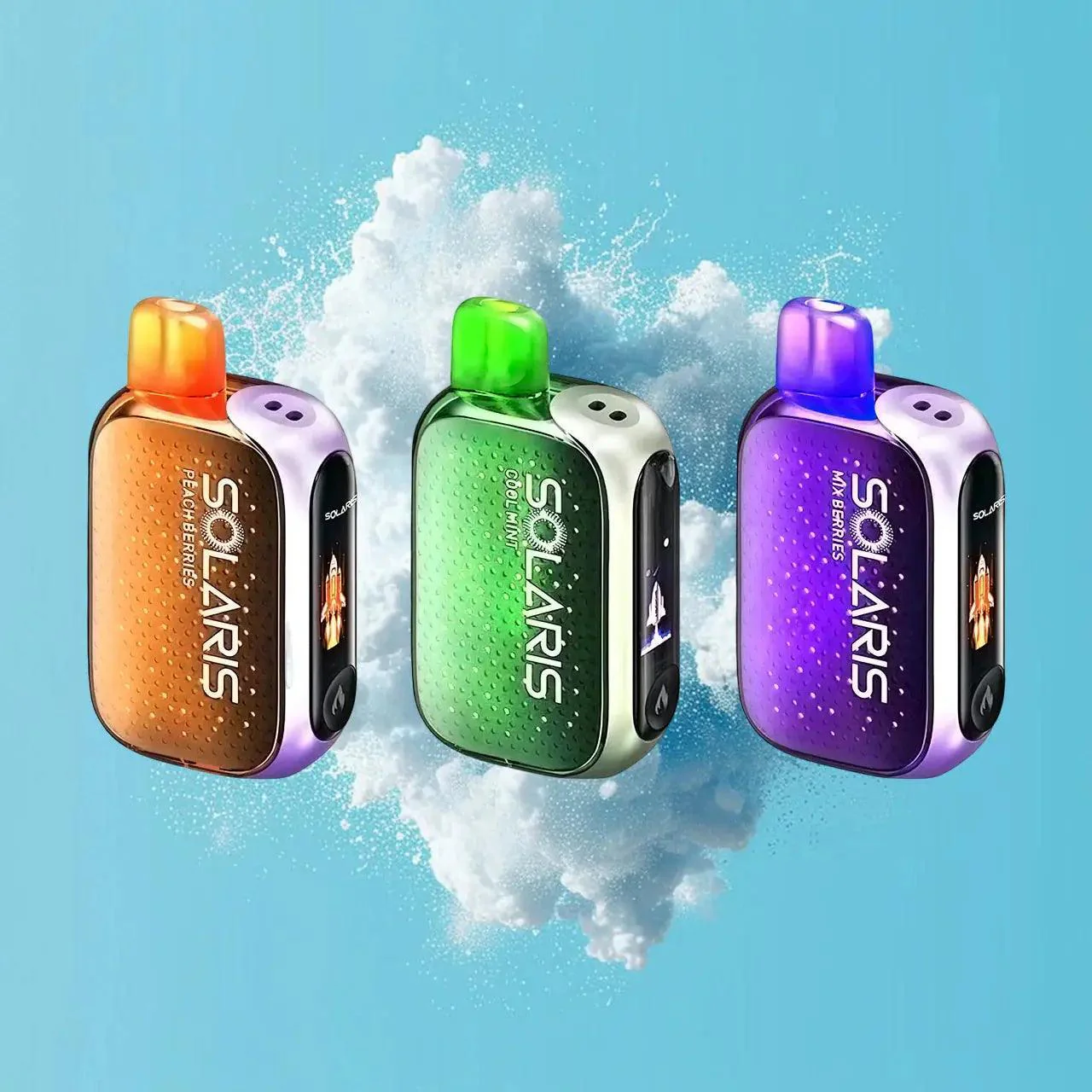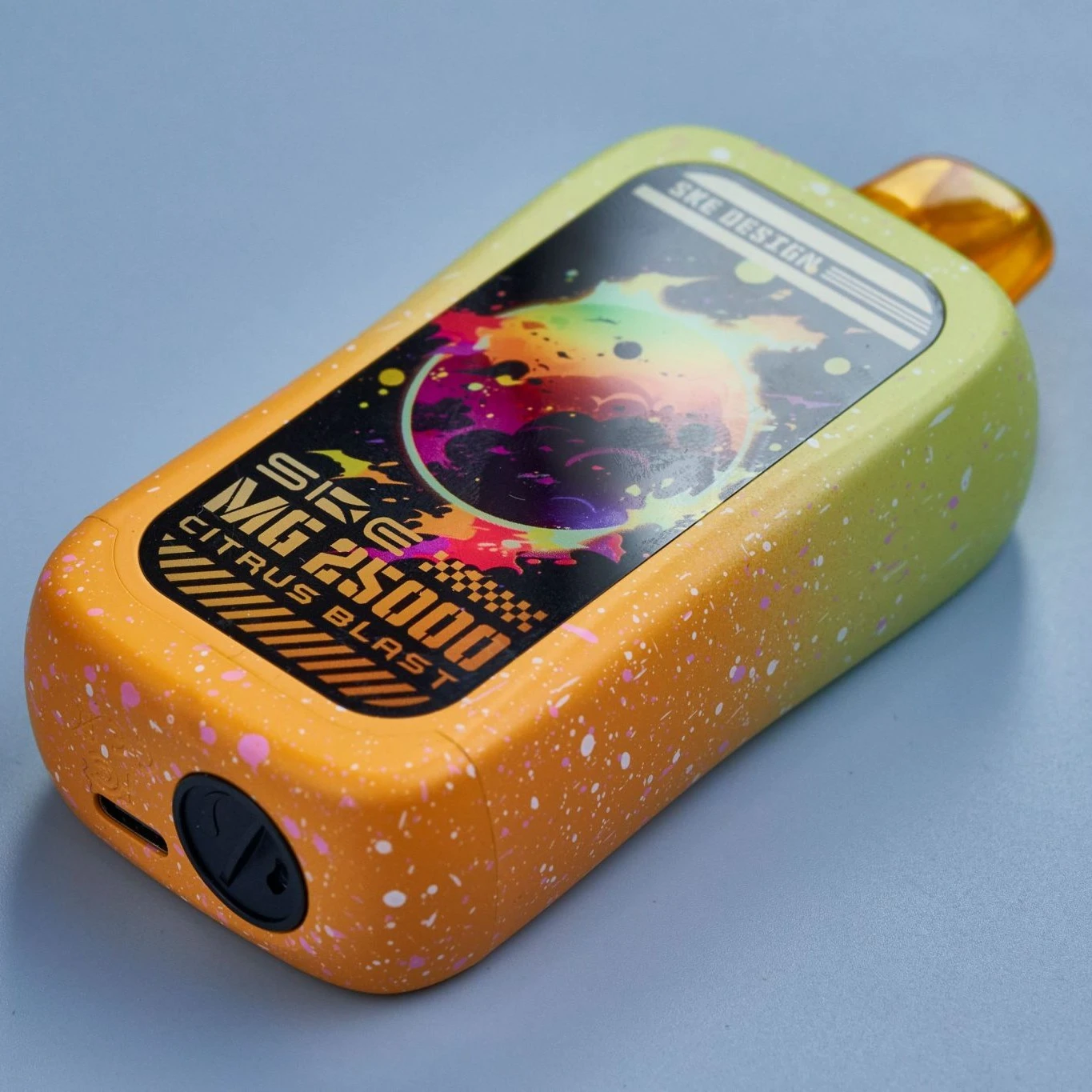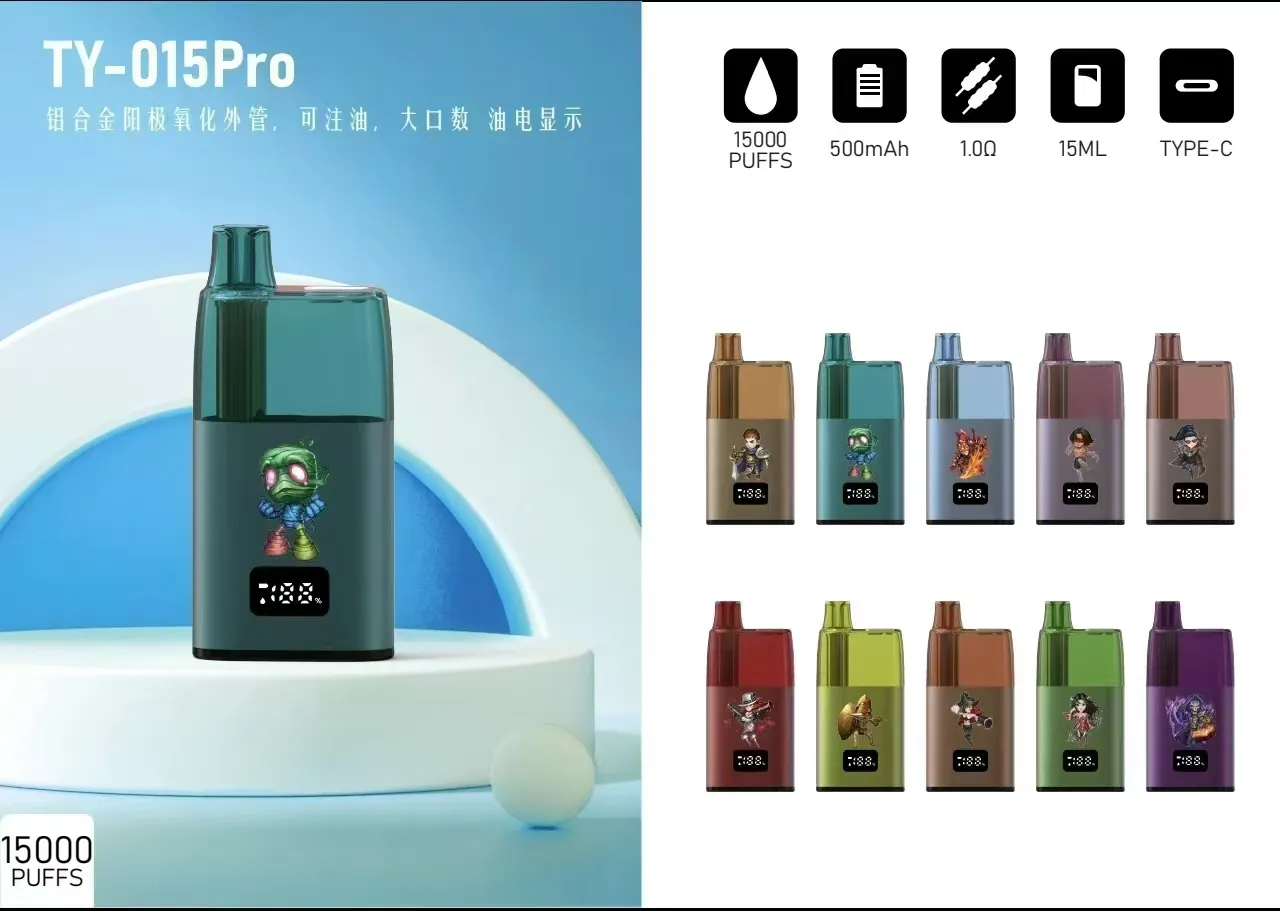
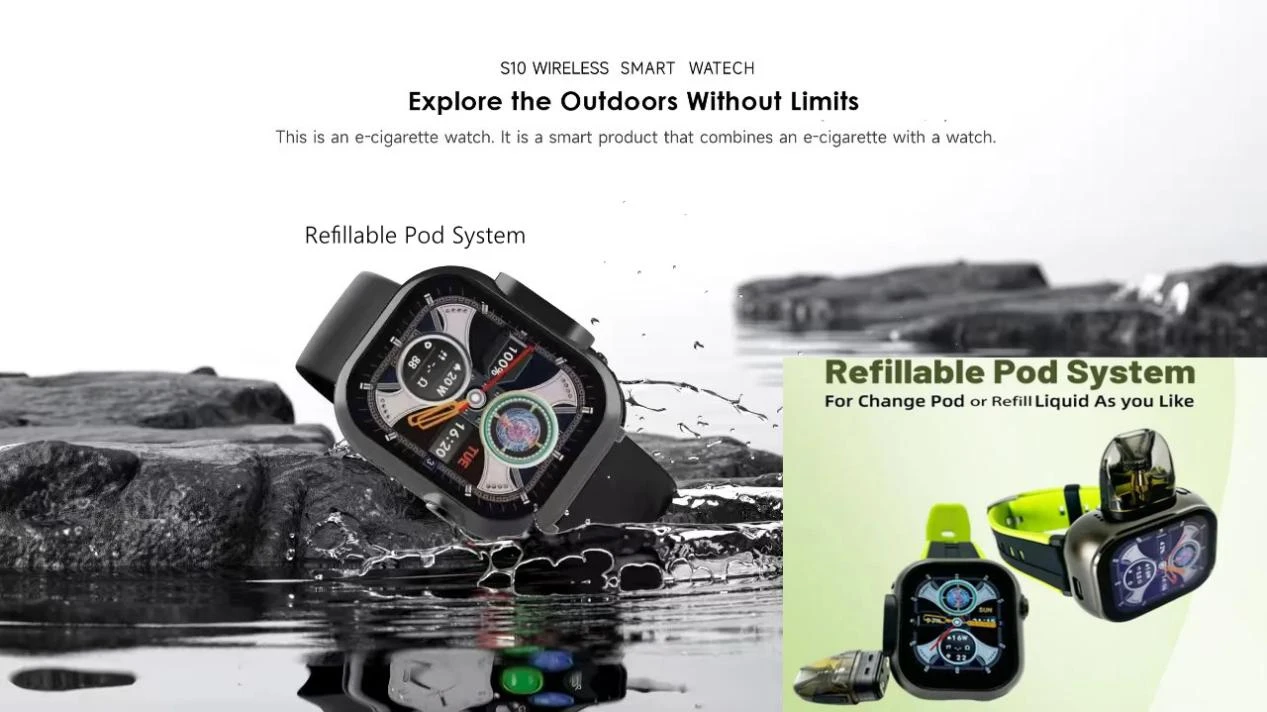
Personal experience with disposable vape pens can vary significantly based on individual preferences and past exposure to nicotine. For former smokers, these devices can offer a familiar experience that mimics the act of smoking while potentially reducing some of the related health risks. However, it's essential to approach the transition with realistic expectations. While vaping is often seen as a less harmful alternative to traditional cigarettes, it is not without its own set of health considerations, particularly concerning nicotine addiction. Engaging in the conversation about nicotine, it's important to recognize the substance's addictive nature. Nicotine can enhance mood and concentration but also carries addiction risks. For those considering disposable vape pens as a smoking cessation tool, it may be beneficial to explore options with varying nicotine strengths. Gradually reducing nicotine intake can be an effective strategy for diminishing dependence. The environmental impact of disposable vape pens is another burgeoning area of discussion. The disposability that appeals to users for its convenience also poses challenges for waste management. Responsible users should be aware of recycling programs for these products to minimize environmental harm. Brands that offer recycling solutions or use sustainable materials further enhance their credibility and appeal to eco-conscious consumers. Ultimately, disposable vape pens with nicotine offer a multifaceted experience that intertwines convenience with the complexities of regulation, health, and environmental impact. By approaching these devices with informed caution and a keen eye on manufacturer practices, users can enjoy their benefits while minimizing potential downsides. An attentive consumer can navigate this landscape by prioritizing quality and safety, ensuring a satisfying and responsible vaping journey.
Post time:Feb - 15 - 2025


